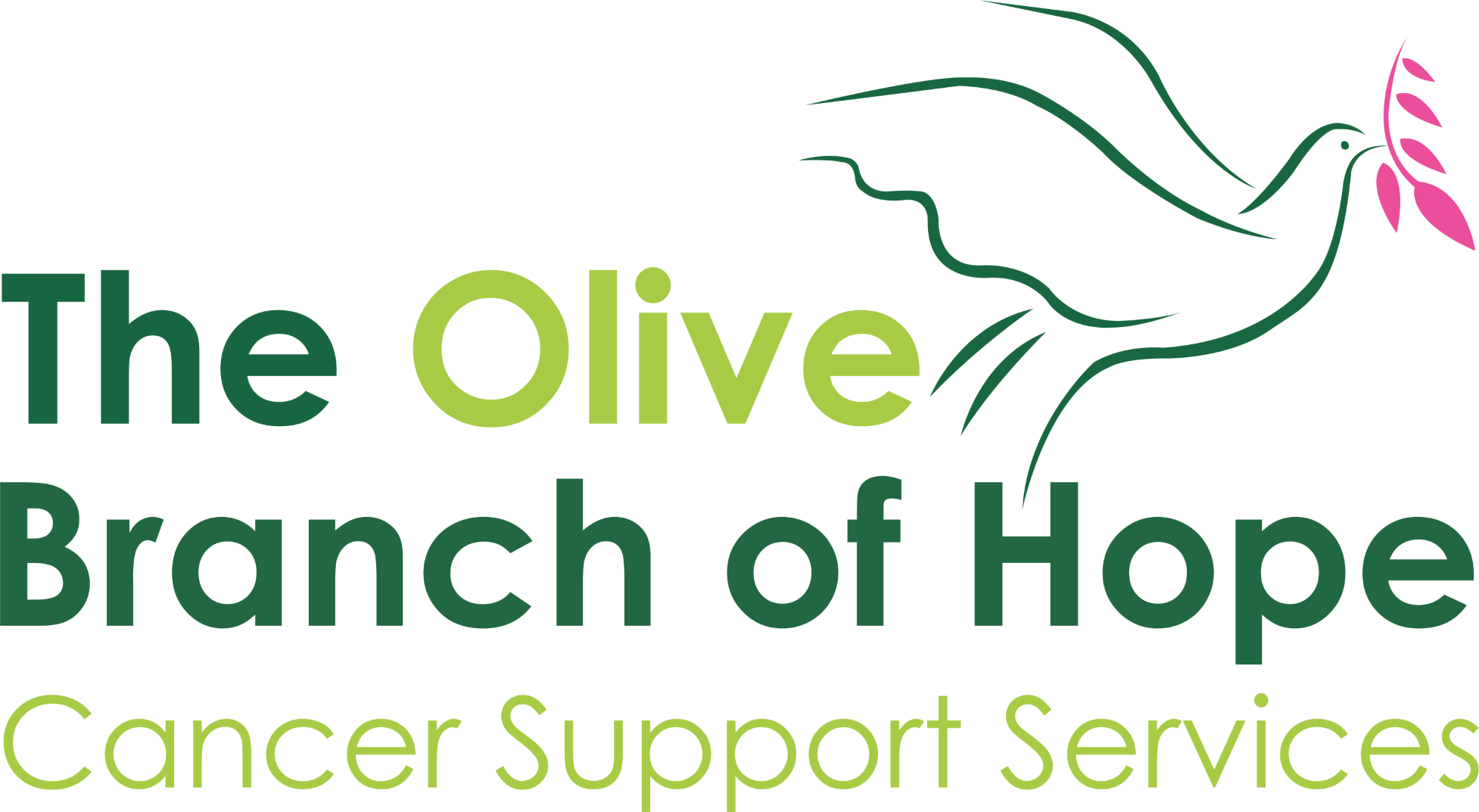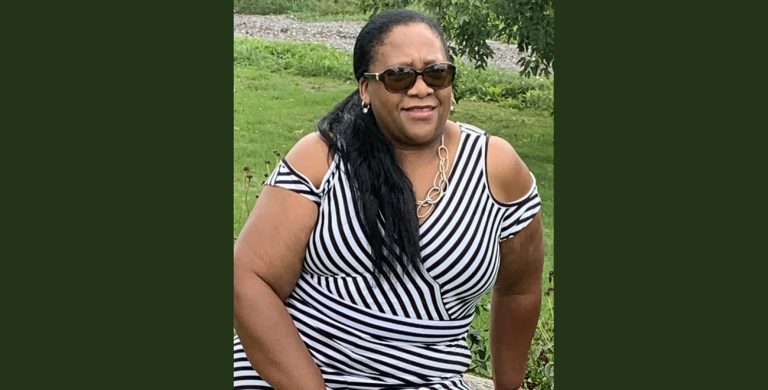By June Buckle
Hearing you have cancer is one of the worst things you can hear in your life. Hearing that you have Triple-Negative Breast Cancer (TNBC), the most aggressive form of breast cancer, where the mortality rate is high and there are few treatment options — that took the wind out of my sails 11 years ago.
I remember being in the waiting room with a very good friend and as we sat there waiting for the doctor, all the other patients were being seen. As more and more people filed out, I had a bad feeling. They wanted me to have my privacy — and I needed it. When they told me I had cancer, I bawled. I bawled not just for me but for my very young daughter. I am a single parent, so who was going to take care of her? I then made a promise that the next time I cry would be when I was cancer-free. I knew I had to fight. After the shock, I went to the mall and I had three t-shirts made: “Cancer Sucks,” “I Believe” and “Kicking Cancer’s Ass.” Cancer thrives when it gets you down, but I found resolve in my faith and was determined to beat this.
Around the middle of my treatment, I yearned to be able to talk to people who looked like me and were going through the same thing. Everyone was older and everyone was white.
I was elated when I found an organization that supported women like me. Getting involved with The Olive Branch of Hope has been fantastic, being part of a sisterhood of black women who support each other and know how it feels to face breast cancer makes you feel less alone. Even the small things: how will my skin look during treatment? Google shows you almost exclusively white skin, this organization tries to share our knowledge big and small.
While I’m happy that this information is becoming more available, I know that more can be done. I wish a better job was done when it comes to treating cancer patients that don’t look like the typical cancer patient.
For instance, it’s well documented that when Black people enter a hospital or other healthcare setting in pain, they are less likely to be taken seriously.i Too often, our symptoms can get dismissed and necessary treatments that we desperately need are deferred due to implicit biases.
Far too many Black women with aggressive forms of breast cancer often feel ignored or marginalized during their journeys. They can feel isolated and misunderstood as they try to navigate a healthcare system that doesn’t recognize the cultural nuances or needs of our community. While I am somewhat of a big mouth speaking up and asking questions, women should not have to become self-advocates to get the necessary MEDICAL attention they need.
I’m lucky to be writing this piece today. I didn’t know it at the time but the rarer form of breast cancer I was facing was more likely to impact younger, Black women like me. In fact, the incidence of TNBC in Black women is twice that of White women.ii
TNBC is a nasty form of cancer and, sadly, many lives have been lost from it. However, there is hope on the horizon.
Ontario’s recent move to lower the age for regular breast cancer mammograms from age 50 to 40 is a heartening yet small first step toward improving diagnosis and reducing mortality for TNBC and other forms of breast cancer that affect younger women.
There have also been recent developments in the treatment of TNBC that have sparked hope and excitement among patients and doctors. They represent an opportunity to fight back against this cancer.
Unfortunately, despite this progress, disparities still exist in terms of access to care, treatment and survival. Black women are less likely to obtain adequate treatment due to historical barriers to healthcare access. Breast cancer mortality is 42 per cent higher in Black women than in White women.iii
We need to be better at supporting women who are going through this diagnosis, and making sure patients and their families have the right resources and supports that help them reconcile with the life-changing impacts cancer will have on their lives. My support system was amazing — from my sisters who would take public transit from Scarborough to Brampton to help me, to my dear friends, my church family and my employer — but not everyone has this.
This is why we need to advocate for more equitable healthcare — a system that hears us, sees us, and understands us. We need continued research and collective action to address structural barriers and historical inequalities that are driving the gaps in access, treatment and survival for the Black community.
Six months later I cried. I cried when my oncologist told me that after going through chemotherapy, surgery and radiation they couldn’t detect any sign of cancer in my body. It felt amazing. I want other women to know; never give up. There is always hope. Look at the survivors.
I was not the type of patient that can be found on support brochures for breast cancer — and I certainly felt that. But I know we can do better at supporting women like me.

i Global News. Fact of Fiction: Are Black people more likely to get dismissed when seeking medical care. Available at: https://globalnews.ca/news/7674195/fact-or-fiction-are-black-people-more-likely-to-get-dismissed-when- seeking-medical-care/. Accessed on: February 16, 2024.
ii Yedjou CG, Sims JN, Miele L, Noubissi F, Lowe L, Fonseca DD, Alo RA, Payton M, Tchounwou PB. Health and Racial Disparity in Breast Cancer. Adv Exp Med Biol. 2019;1152:31-49. Available at: https://www.ncbi.nlm.nih.gov/pmc/articles/PMC6941147/. Accessed on: February 14, 2024.
iii Yedjou CG, Sims JN, Miele L, Noubissi F, Lowe L, Fonseca DD, Alo RA, Payton M, Tchounwou PB. Health and Racial Disparity in Breast Cancer. Adv Exp Med Biol. 2019;1152:31-49. Available at: https://www.ncbi.nlm.nih.gov/pmc/articles/PMC6941147/. Accessed on: February 14, 2024.
This space was donated by Gilead Sciences Canada Inc.


